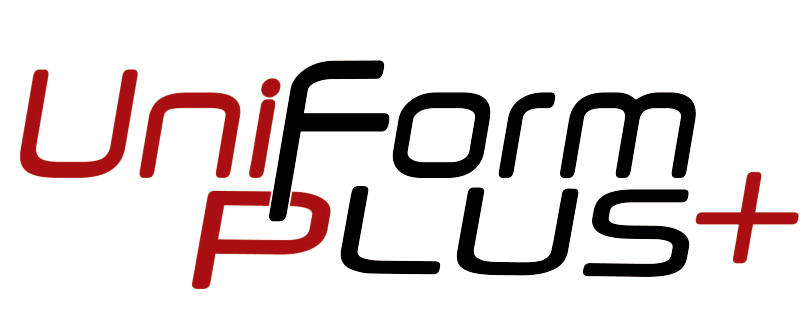news
Moz Free SEO Checkers & Premium Search Tools
Get a quick overview of your sites load speed, and uptime with built-in automation tools. Website monitoring and site load speed features offer a one-step tool to create automation processes for specific time intervals. Today there are over 200 different SEO tools to help businesses boost their visibility and ranking online. We spent 48 hours comparing the top 50 cheapest tools to find the seven best that will help you get higher Google rankings. ContentShake AI is a Semrush app with ChatGPT-like natural language processing (NLP) and SEO features.
You can type in a search phrase and get back the questions users are asking in search engines, including what, where, why, who, when, which, can and how questions. You can view them as a visual wheel or data boxes that categorize the types of questions, along with color-coded search volume and CPC info. Forbes Advisor’s pick for best local SEO tool is BrightLocal. The platform integrates with Google Analytics, Facebook, Google Business Profile Insights and Twitter. Semrush offers a number of add-ons, though they come with rather steep price tags, so they’re not right for all users.
Technical SEO & Site Analysis
- While the platform provides a lot of value, it may be too expensive for some users.
- I remember the days when you could get away without doing any link building in SEO.
- Our KeywordsFX tool offers a list of keyword ideas based on a starting keyword you provide.
But finding the right free SEO tools can be a challenge, especially with so many options available. After testing RankIQ, we concluded that it’s an effective tool for bloggers and smaller companies looking to improve their search engine ranking. It offers a user-friendly interface and AI-driven insights that can be useful for those new to SEO or who have limited time. However, larger enterprises or experienced SEO professionals may require a more comprehensive and integrated approach that RankIQ may not be able to provide. Pricing for Moz Pro begins at $99 per month for the Standard plan, which covers the basic tools. The Medium plan offers a wider range of features for $179 per month, and a free trial is available.
HubSpot for optimization recommendations
Screaming Frog will audit up to 500 URLs for free and tell you which pages need attention. Ubersuggest will offer you a list of keyword ideas you can use to generate product ideas, angles for capturing more organic traffic, your next blog post, and more. You can also see the blogs ranking at the top of the SERPs with your target keywords to understand search intent and generate content ideas. I’ve learned that AI tools can also improve keyword targeting in the content creation process. The tool scans your Wix website and creates a custom SEO checklist based on your goals and keywords. It helps with tasks like writing page titles and meta descriptions, adding alt text to images, and improving overall page visibility.
While this is a plus, it also means that they may require a steep learning curve. Before you commit to an SEO tool, test it out to ensure it’s user-friendly. After all, a free software won’t help your business unless you and other members of your team find it quick and easy to set up and use. Free demos or free trials can give you a good idea of a platform’s ease of use. Powered by Semrush, SEOquake is a free SEO browser extension that is compatible with Safari, Chrome, Firefox and other popular browsers. The SEO dashbard offers details about your domain, page and backlinks to give you a bird’s-eye view of how you’re doing.
This tool is useful for beginners looking to assess their current standing and identify areas for improvement. SpyFu is an excellent competitive analysis tool that reveals the keywords your competitors are targeting, along with their ad strategies. This insight can help shape my approach, allowing me to identify gaps in my content strategy and BHS Links capitalize on missed opportunities. This free Chrome extension is a lifesaver for monitoring broken links on my site.
